Parliament

What will life be like in the Commons for the Independent Group?
On 18 February, seven Labour MPs resigned from the Party to sit as an independent group. Operating without the formal support of a parliamentary party, they will face several institutional barriers to working effectively in the House of Commons, writes Louise Thompson.

Why geography matters: MPs with constituencies a long distance from Westminster choose different ways to represent their voters
MPs face demands on their time in both Westminster and their constituency. The greater the distance between the area they represent and Parliament, the more this requires trade-offs. David M. Willumsen finds that the type of parliamentary activities an MP takes part in is affected by the distance of their constituency from Westminster, which has implications for the principle of equal representation
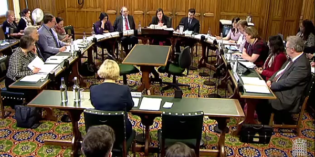
Why can’t some parliamentary select committees get female witnesses?
In their nearly eponymous 1995 hit, Reverend Black Grape, I’m a Celebrity runners-up and Bargain Hunt cheats, Black Grape, asked ‘Can I get a witness?’ In 2019, why is it that some select committees seemingly find it difficult to get female witnesses to give evidence at their sessions? Marc Geddes, Mark Goodwin, Stephen Holden Bates and Steve McKay find that some of the answer may well be found in the gendered make-up of the committees themselves.

‘The ability of the UK Parliament to override a measure made in any part of the United Kingdom is one of the mischiefs in the UK’s constitution that needs fixing.’ Why it is time to reform the Sewel Convention
The Sewel Convention, by which the UK’s government normally seeks the consent of the devolved legislatures on matters that come within their competence, is enshrined in legislation. However, writes Matthew Hexter, it remains too weak and a constitutional convention is needed to fundamentally alter the balance of powers between London and the devolved nations.
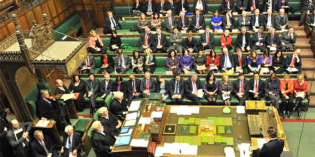
The House of Commons and the Brexit deal: A veto player or a driver of policy?
If, as expected, the House of Commons rejects Theresa May’s EU Withdrawal Agreement, could it step in to determine what happens next? The House of Commons has not had to run anything directly since the Civil War in the 17th century, writes Andrew Kennon, and so could not long term: our political system depends on a government taking responsibility.
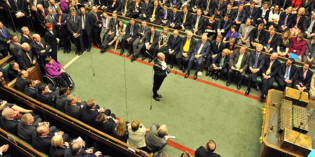
Confidence motions, humble addresses and amendments: Brexit’s procedural dilemmas
Brexit has revealed some of the tools that govern the legislative process and how these interact with party politics. Louise Thompson summarises the key procedural dilemmas faced in the Commons so far, and explains why things could get even more complicated in 2019.

How to change the government without causing a general election
David Howarth explains how the Fixed Term Parliaments Act 2011 has altered the options for no confidence motions in Parliament, and how an opposition party might form a government without there being a general election.
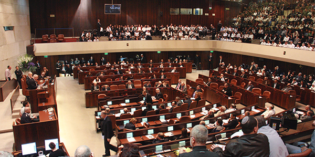
Does changing electoral rules affect legislators’ productivity?
There have been numerous reforms to the electoral rules and candidate selection processes for the Israel parliament (Knesset) in recent years, making it an interesting case study for testing the hypothesis that such changes affect legislators’ productivity. Using a model that acknowledges there are many facets to legislators’ roles Osnat Akirav demonstrates that legislators’ productivity is affected changes to these rules – but that this does not in turn make it more likely that they will be re-elected.

Why do we care what our politicians get paid?
Since payments for MPs were introduced in the early 20th century, the rhetoric used to justify them has changed markedly. Initially, writes Nicholas Dickinson, any remuneration was almost always construed in terms of broadening democratic representation. Related to a landmark 1971 report, however, MPs increasingly began to be depicted as political professionals. This change in framing allowed salaries to increase, but at the cost of lasting public ambivalence.

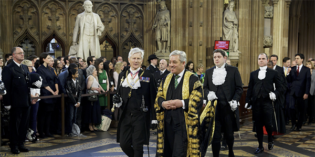

 Democratic Audit's core funding is provided by the Joseph Rowntree Charitable Trust. Additional funding is provided by the London School of Economics.
Democratic Audit's core funding is provided by the Joseph Rowntree Charitable Trust. Additional funding is provided by the London School of Economics.